Training for Educators from ICESCO Member States and Arab Region
On April 30, 2025, the International Centre for Higher Education Innovation under the auspices of UNESCO (UNESCO-ICHEI) organized an online workshop titled "Enhancing Digital and AI Competencies for the Higher Education Workforce" with the Islamic World Educational, Scientific and Cultural Organization (ICESCO) Chair for AI Ethics and the University of Technology and Applied Sciences, Oman. The event aimed to support the digital and AI capacity building of higher education professionals from ICESCO member states and the Arab region.
Group Photo of UNESCO-ICHEI Attendees
Dr. Musab Al Rawi, Director of the ICESCO Chair for AI Ethics, pointed out that with the rapid advancement of AI technologies, the digital transformation of higher education is not merely a technological upgrade but a fundamental transformation of educational philosophy and practice.
Dr. Musab Al Rawi, Director of the ICESCO Chair for AI Ethics
Mr. CAO Zian, Chief of the Global Partnership and Programme Office at UNESCO-ICHEI, emphasized that UNESCO-ICHEI will continue to deepen its cooperation with the ICESCO Chair for AI Ethics. He highlighted UNESCO-ICHEI's commitment to working with universities, international organizations, and enterprise partners to build a more inclusive, open, and innovative higher education ecosystem.
Mr. XU Yifan, Course Product Manager of the IIOE Management Centre, and Ms. YANG Lan, Programme Officer of the IIOE Management Centre, provided a comprehensive overview and live demonstration of the IIOE platform. They showcased the platform's diverse resources aimed at empowering higher education professionals and enhancing their digital and AI competencies.
About the ICESCO Chair for AI Ethics
The Islamic World Educational, Scientific and Cultural Organization (ICESCO) Chair for AI Ethics was established by ICESCO to advance global dialogue, research, and education in the field of artificial intelligence ethics. The Chair addresses key ethical issues arising from technological innovation, such as data privacy, algorithmic fairness, and the protection of human rights. The Chair is committed to fostering sustainable, interdisciplinary solutions to ethical AI governance, with a particular focus on the Islamic world.




